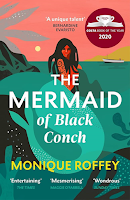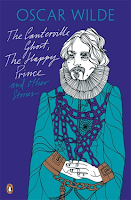Klara And the Sun by Kazuo Ishiguro

“Until recently, I didn’t think that humans could choose loneliness. That there were sometimes forces more powerful than the wish to avoid loneliness.” ““Hope”, he said. “Damn thing never leaves you alone.”” “In the morning when the Sun returns. It’s possible for us to hope.” In this dystopian, speculative novel, we see the world through the lens of Klara, an Artificial Friend specially designed to take care of teenagers. Her child-like curiosity about the world and its inhabitants makes us wonder about what makes us human and unique. Set in a world intentionally vague (it could be anytime, anywhere) Ishiguro invites us to think about Artificial Intelligence, gene-editing, mass redundancies, loneliness, faith, and hope. Klara begins her days in a store with another android, Rosa, her friend, and Manager, a kind of mother figure. Through the window she observes how the humans interact and tries to learn their ways, always paying attention to the comings and goings of the Sun, a god-like...





